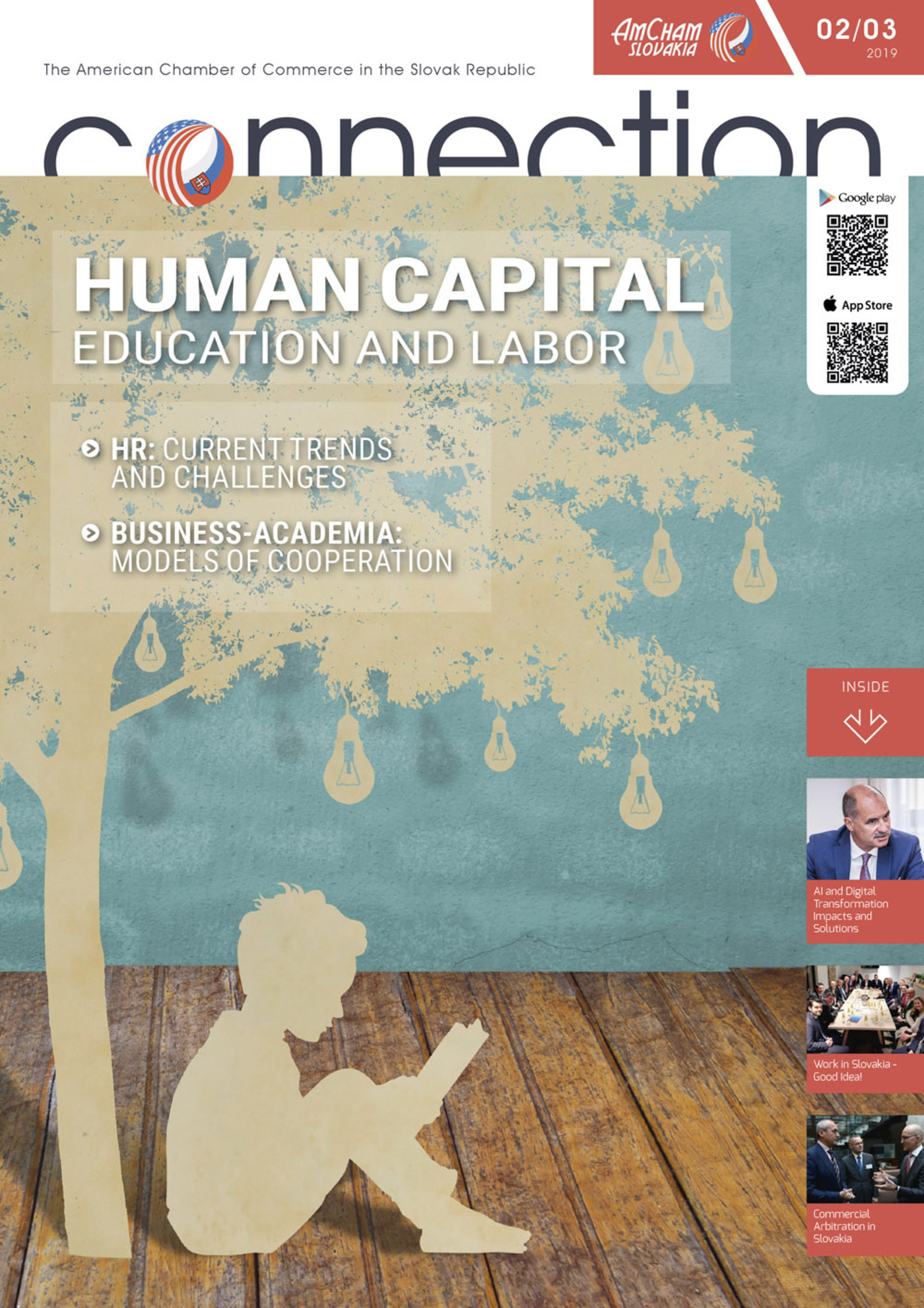Getting HR function ready for the 21st century
Our new report The Future of HR 2019: In the Know or In the No developed by the KPMG Global People & Change Center of Excellence analyzes the findings of a global survey of 1200 HR executives exploring their views, use and adoption of Artificial Intelligence (AI) and disruptive technologies, employee experience, predictive analytics, workplace culture and capabilities.
About two-thirds of HR executives agree that HR has undergone or is undergoing a digital transformation. But only 40% of HR leaders said they have a digital work plan in place at the enterprise or HR level. Most HR executives (70%) recognize the need for workforce transformation. Yet barely a third (37%) feel very confident about HR´s actual ability to transform and move them forward via key capabilities like analytics and AI. Common characteristics of this group are: delivering predictive insights, believing in, and driving, digital agenda, reshaping workforce and enhancing employee experience.
Workplace culture was identified as a top barrier to digital transformation for about four in ten HR leaders — with more than a third saying their current culture remains task-oriented rather than innovative and experimental. Half cite capability (skills) and slightly less capacity (resources) as a top barrier to moving these efforts to scale.
Despite data’s remarkable ability to deliver new insights and enhanced decision-making, barely one in five of HR leaders believe analytics will be a primary HR initiative for them over the next one to two years. Fewer (12%) cite analytics as a top management concern. Recent and projected technology investment has been highest for cloud and human capital management software.
Those leading the pack on transformation recognize how AI and machine learning can drive significant value for HR but they are in the minority by far. Only 36% of HR functions have started to introduce AI and just 14% have invested in AI over the past two years.
Among those who have invested in AI to date, the vast majority (88%) call the investment worthwhile, with the focus primarily on learning and analytics. Of organizations yet to adopt AI within HR, half remain uncertain that they will do so in the next year or two. 50% admit to being “not at all prepared” to respond strategically as AI and machine learning emerge.
Digital era and five generations in the workplace
Unique new skills are becoming critical to success, even survival, in the digital era — along with a new employee experience designed to attract and retain the best and the brightest, and meet the needs of our multigenerational workforce.
Dramatically realigning workforces to facilitate collaboration between employees and advanced robotics, automation and AI is also imperative — and coincides with a demographic trend bringing five generations together within a workforce that’s more diverse than ever.
HR leaders tell us that creating a new employee experience (EX) — or defining the right employee value propositions (EVP) to match the needs of five generations in the workforce — still seem to be undervalued by senior management. While 50 percent of HR leaders strongly believe EX is valuable to the organization at large, only 25 percent rank EX as a top initiative for the next year or two.
The prevailing lack of focus on EVP may be explained by the simple fact that EVP remains misunderstood by the broader organization. According to KPMG’s 2018 CEO Outlook study, for example, almost half of the CEOs surveyed still struggle with understanding how millennials differ from other generations. Further, 45 percent of CEOs said appointing senior leaders who can better relate to millennials is one of their biggest challenges.
People are the secret sauce in your brand
Our message here is that only decisive action now by HR in close collaboration with the C-suite will redefine yesterday´s task-focused work team into tomorrow´s innovative workforce. According to World Economic Forum, more than a third of the skills considered important today will change within a few short years amid the proliferation of digital processes and the integration of digital and human labor.
Exploiting the full capabilities of data and analytics tools for informed decision-making and predictive insights will be indispensable. Forward-looking HR leaders are confidently harnessing the resources and insights that will redefine the traditional HR model and its contribution to the enterprise. They are following strategic plans and implementing new technologies such as analytics, digital labor and artificial intelligence (AI). And they are pursuing the critical new skills needed to succeed.
But we also see a much larger segment of less-confident HR leaders who are demonstrating either a wait-and-see approach to change — or simply sitting idle on the sidelines. These HR leaders are adopting a risky stance as the scope and pace of change accelerates. Those making limited strides could, in a few short years, see today’s technology disrupt them out of existence, while the largely inactive face a much shorter timeline to extinction.
Every market leader understands that talent unlocks competitive advantage. But workforces and workplaces are changing – along with employer-employee relationships. You may need to invest in disruptive technology, acquire critical new skills, introduce artificial intelligence, or reshape your employee experience and workplace culture. It´s all about driving your business in new ways.
Do not worry about the effects of the new digital era. Embrace it and remember — it´s a digital world but people still make it turn. People will remain your most-important investment, your greatest asset and the secret sauce in your brand.
Lygia Fullbrook, Head of Talent Solutions, KPMG in Slovakia



Follow us